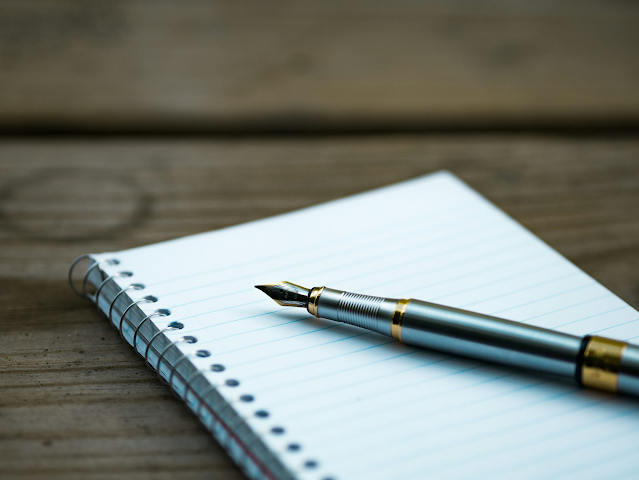Studying effectively is a skill that can greatly improve your academic performance and overall productivity. Whether you're preparing for an important exam or simply trying to retain more information, here are several strategies to help you study better:
1. Set Clear Goals
Before you begin, define what you want to achieve. Clear, measurable goals will give you direction and motivation. Instead of vague goals like “study chemistry,” try setting specific ones like “understand the periodic table and finish chapter 5 questions.”
2. Create a Study Plan
Consistency is key to effective studying. Create a study schedule that breaks your material into manageable chunks. Divide your time between subjects and topics, and avoid cramming by spreading your study sessions over days or weeks. Use tools like planners, digital calendars, or study apps to keep track of your progress.
3. Use Active Learning Techniques
Passive reading or highlighting isn’t always the best way to retain information. Active learning strategies, such as summarizing concepts in your own words, teaching the material to someone else, or solving practice problems, can help deepen your understanding.
Some proven active learning techniques include:
- SQ3R (Survey, Question, Read, Recite, Review): A method for engaging with the text.
- Cornell Notes System: Organize notes into key points, summaries, and details.
- Mind Mapping: Visualize relationships between topics to better understand complex subjects.
4. Utilize Spaced Repetition
The spacing effect refers to learning more effectively by reviewing material at increasing intervals. Instead of cramming the night before, use apps like Anki or Quizlet that apply spaced repetition algorithms to help you review information over time, enhancing long-term retention.
5. Take Regular Breaks
Research shows that taking regular breaks boosts productivity and focus. Use the Pomodoro Technique, which involves 25 minutes of focused studying followed by a 5-minute break. After four cycles, take a longer break of 15-30 minutes. This helps to prevent burnout and keep your mind fresh.
6. Eliminate Distractions
Identify what distracts you the most during study sessions—whether it's your phone, social media, or background noise—and create an environment that minimizes those distractions. Turn off notifications, use apps like Forest to focus, or find a quiet space to study.
7. Practice Retrieval
Testing yourself is one of the most effective ways to study. The process of retrieving information strengthens your memory. Use flashcards, take practice tests, or write summaries from memory. This technique forces your brain to work harder, making the material stick more effectively.
8. Stay Organized
A cluttered study environment can lead to a cluttered mind. Keep your study space organized and free from distractions. Use folders, notebooks, or digital tools like Evernote to organize your notes and resources efficiently.
9. Use Multisensory Learning
Engage multiple senses when studying. For example, read aloud, watch educational videos, or use tactile learning tools (like models or diagrams). Combining auditory, visual, and kinesthetic learning styles can reinforce concepts and make them easier to remember.
10. Stay Healthy
Good study habits go hand in hand with a healthy lifestyle. Make sure you:
- Get Enough Sleep: Sleep is crucial for memory consolidation.
- Eat Nutritious Meals: A balanced diet fuels your brain and helps you stay alert.
- Exercise Regularly: Physical activity can improve cognitive function and reduce stress.
11. Study in Groups (When Appropriate)
Group study sessions can be beneficial for discussing difficult topics, sharing perspectives, and testing each other. However, make sure the group remains focused on studying and avoids becoming a social hangout.
12. Stay Positive and Reward Yourself
Studying can sometimes feel overwhelming, but maintaining a positive mindset can make a difference. Break your tasks into small, manageable parts, and reward yourself when you accomplish them. Celebrating small victories can help keep you motivated.
By incorporating these strategies into your routine, you can optimize your study habits and improve your learning outcomes. The key is to stay consistent, patient, and open to trying new techniques until you find what works best for you.








0 Comments